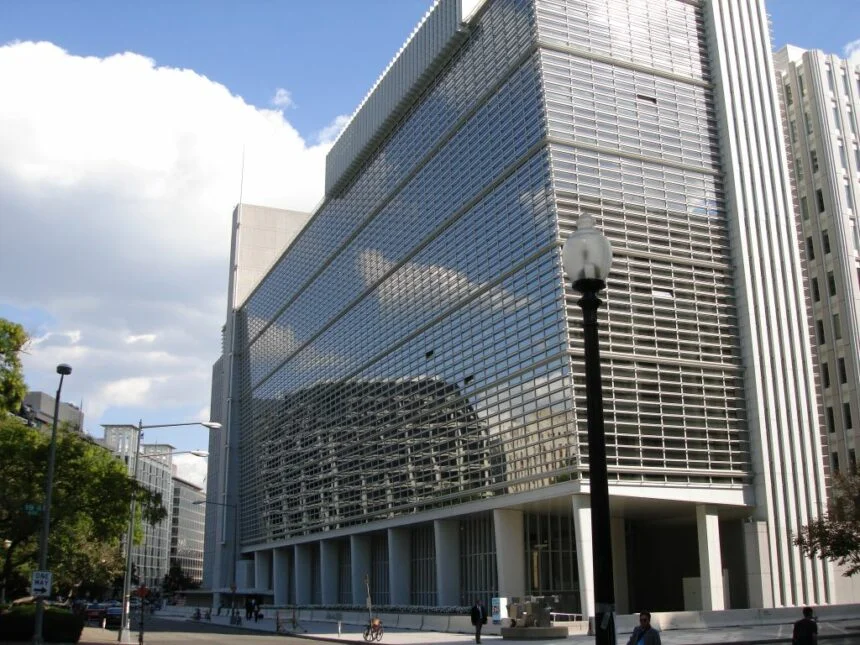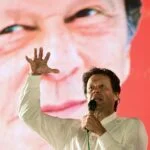The World Bank, which mediated the Indus Basin Treaty in I960, adopted a convoluted course when Islamabad and New Delhi failed to agree on any one of the treaty’s specified dispute settlement mechanisms.
In a statement, the bank stated, “In line with its responsibilities under the Indus Waters Treaty, the World Bank has made the appointments … in the two separate processes requested by India and Pakistan in relation to the Kishenganga and Ratle hydroelectric power plants.”
Pakistan chose the Court of Arbitration whereas India wanted the appointment of a “Neutral Expert.” In response, the World Bank reports that Professor Sean Murphy has been named as the Chairman of the Court of Arbitration and Michel Lino has been named as the Neutral Expert.
They would carry out their responsibilities independently of any other positions they might now hold and in their unique role as subject matter experts, it was underlined.
According to Pakistan’s Indus Commissioner Syed Meher Ali Shah, “The Court of Arbitration has the authority to give a stay order, while the Neutral Expert does not have such powers.”
In 2016, Pakistan asked the World Bank to assist in establishing an arbitral court to address its problems with the two hydroelectric power projects’ designs. For the same reason, India requested the deployment of a Neutral Expert.
The issue has been unresolved for the past six years. The Permanent Indus Commission continued to discuss the issue for a while before receiving pleas from both Pakistan and India.
Naveed Kamran Baloch, Pakistan’s Executive Director to the World Bank, has recently been successful in persuading the bank to agree with Pakistan’s perspective. The World Bank had already urged Pakistan to rescind its application to the Court of Arbitration in 2018.
According to the statement, “The World Bank continues to share the concerns of the parties that are carrying out the two processes concurrently posing practical and legal challenges.” The statement continued, “The World Bank is confident that the highly qualified experts appointed as Neutral Expert and as members of the Court of Arbitration will engage in fair and careful consideration of their jurisdictional mandate, as they are empowered under the Treaty.
Shah claimed that Pakistan had submitted the initial request for the Court of Arbitration in August 2016, depriving India of the chance to choose a Neutral Expert.
The bank has previously said that the Treaty does not provide it the authority to choose which process would take priority over another; rather, it vests judicial authority in each of the two procedures.
Whether the technical design elements of these two hydroelectric projects violate the Treaty is a point of contention between the two nations. India requested the appointment of a Neutral Expert to address similar issues about the two hydroelectric power projects, while Pakistan urged the World Bank to enable the formation of a Court of Arbitration to address its reservations about the designs of the two projects.
India and Pakistan are at odds over the specifications of the 330-megawatt Kishenganga hydropower project on the Jhelum River and the 850-megawatt Ratle hydropower project getting built over the Chenab River.
The Ratle project has been in the works for a few months, while the Kishenganga project was opened by India in 2018.
However, there are numerous hazards involved when one party undertakes a project on its own. The World Bank’s choice to wait six years before starting the legal procedures gave India the chance to finish the Kishenganga project.
These two rivers, along with the Indus, are referred to in the Treaty as the “Western Rivers,” to which Pakistan enjoys free access to with few limitations. India is allowed to build hydroelectric generating plants on these rivers by the Treaty, subject to restrictions laid out in the Treaty’s Annexes.
The World Bank has previously claimed that it made efforts to find a cooperative agreement and that numerous high-level meetings were called in order to examine a range of alternatives. The World Bank agreed to pick a Chairman and Neutral Expert for the Court of Arbitration once more on March 31, 2022.












